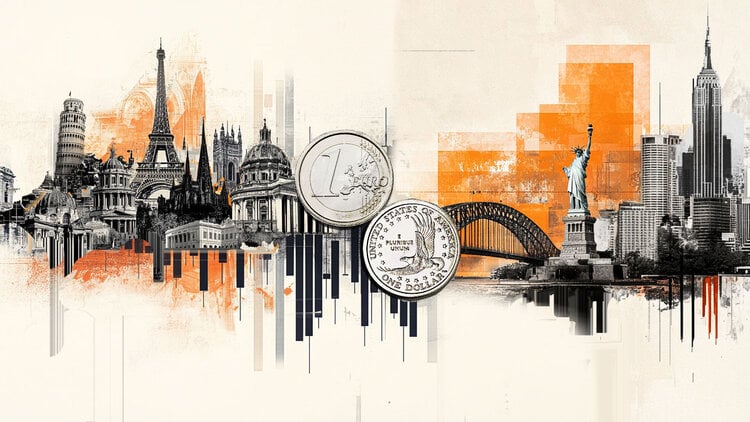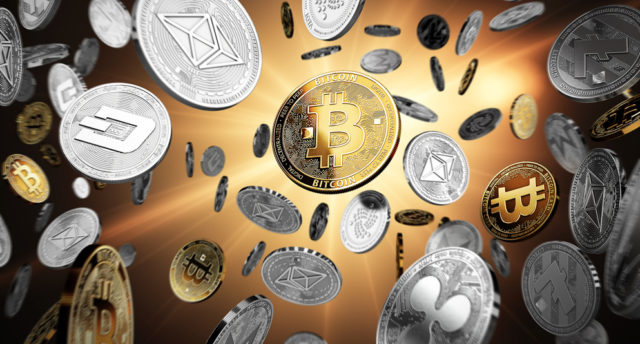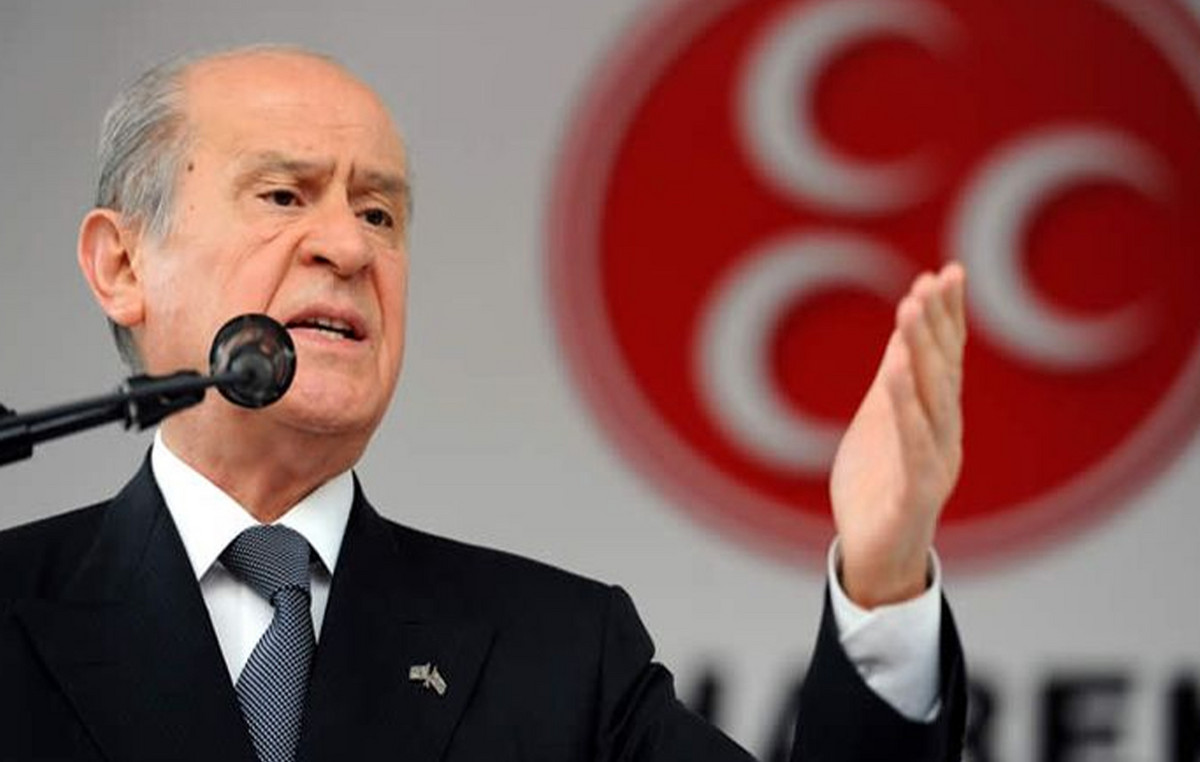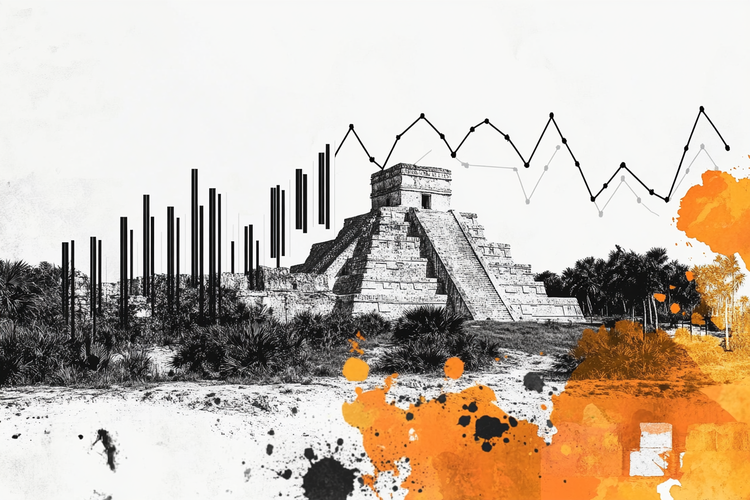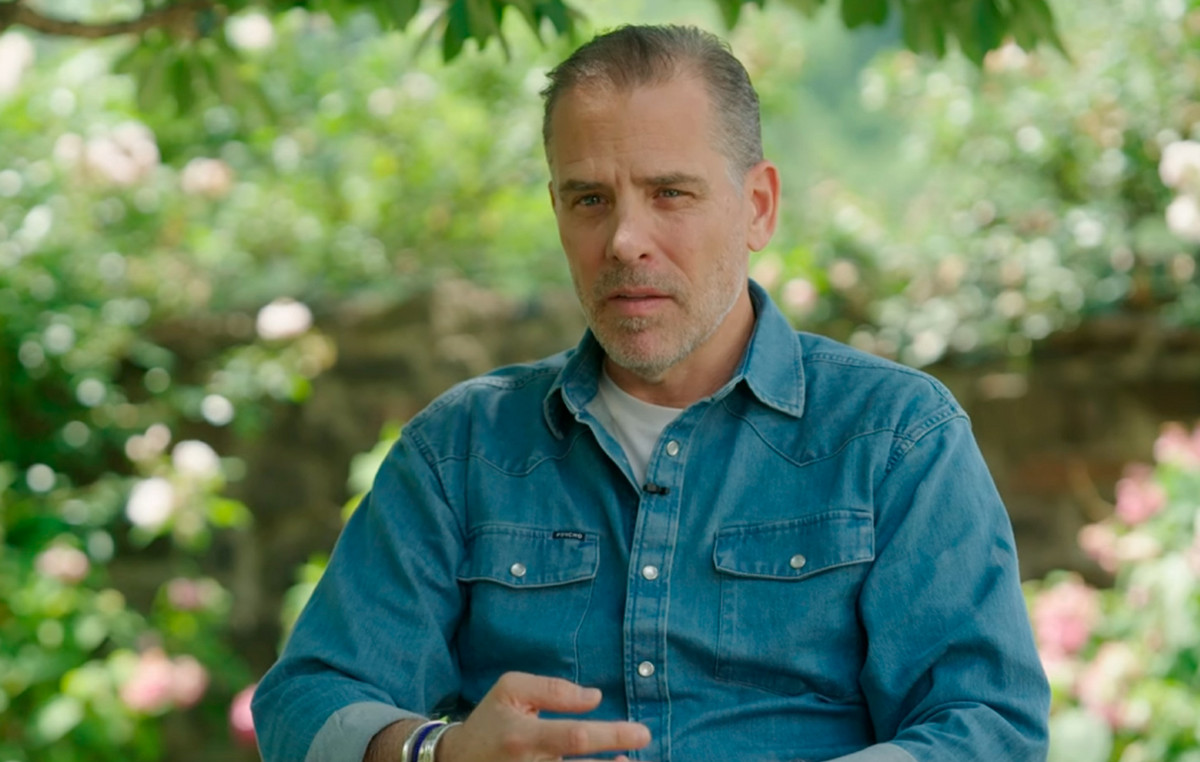During an event this Tuesday (22), one of the partners of the JGP manager, André Jakurski, said, according to the Bloomberg news agency, that the time when he made the most money was when the government “did stupid things”, referring to to the moment of uncertainty in the country’s economic policy and a possible maintenance of interest rates at higher levels. “The time I made the most money in the market was when the government screwed up. It is easier to take money from the government than from the market”, the investor would have said.
Fears about what the new government’s economic policy should be and the tone of the new government in relation to spending control shook the markets and, according to specialists interviewed by the CNN Brazil Business, could worsen the country’s interest rate path, already pressured by a difficult environment of high inflation inside and outside Brazil.
This should make the migration of investors to fixed income even stronger, while, on the other hand, not only slows down economic growth, but also leaves the bill with interest payable even heavier for the National Treasury.
“The one who wins with the high interest is certainly the rentier, the investor who has invested money”, says the partner and fixed income analyst at Nord Research, Marília Fontes. “The government has to pay this high interest rate, so it stops investing in other sectors of the economy; ends up weighing on the budget.”
In recent weeks, statements by President-elect Luiz Inácio Lula da Silva, who has criticized spending-cutting policies more than once, have soured markets.
The situation did not get better after the new government team finally presented the PEC da Transição, its proposal to increase expenses to the 2023 Budget that brought an extra bill and outside the spending ceiling of R$ 198 billion.
Not only did the stock market fall and the dollar rise again, back to close to R$5.40, but the futures interest market also suffered from the pressure. At Treasury Direct, NTN-F bonds maturing in 2026, for example, which are prefixed bonds, saw their interest rates rise from 13% in November, for the first time since July.
The NTN-C for 2031, which remunerate inflation plus a fixed interest rate, returned to paying real interest of more than 6% this week.
“The market understands that the trajectory of debt in relation to GDP can be explosive”, explains Fontes, from Nord, mentioning the reaction to the billionaire burst proposed by the Transition PEC, “so investors start to finance the government at higher rates, and futures market rates go up.”
High Selic for longer
The possibility of a more spending government is also starting to mess with projections for the Selic, the interest rate that serves as the floor for the economy.
After more than a year of highs, it is currently at 13.75% per annum, but the expectation, which was that it would start to fall slowly next year, is also starting to change, and the falls may take longer to arrive. That means high interest rates for even longer.
“That [os aumentos de gastos] it will lead to greater exchange rate depreciation, more pressure on current and future inflation, contaminating inflationary expectations,” said Armando Castelar, associate researcher at the Brazilian Institute of Economics at the Getulio Vargas Foundation (Ibre/FGV).
“There will be no other way out for the Central Bank than to react, starting a new cycle of monetary tightening or at least not going ahead with the reduction in interest rates that was projected for 2023”, he added, when commenting on the changes in projections for the economy of the Macro Bulletin produced by Ibre.
In the Boletim Focus, a weekly BC report that brings together the projections of dozens of analysis houses, the estimates for the Selic at the end of 2023 have already begun to be revised upwards, from 11.25%, in past editions, to 11.5 % this week.
“High interest, although it may seem positive for the fixed income investor, makes the Brazilian economy lose”, said Bernardo Pascowitch, founder of the investment comparison platform Yubb.
“It is bad for activity, productivity, economic growth and consumption. It means less growth, less wealth generation, so it is not something we would like for Brazil and Brazilians.”
Source: CNN Brasil
A journalist with over 7 years of experience in the news industry, currently working at World Stock Market as an author for the Entertainment section and also contributing to the Economics or finance section on a part-time basis. Has a passion for Entertainment and fashion topics, and has put in a lot of research and effort to provide accurate information to readers.

